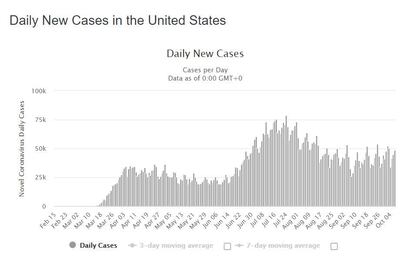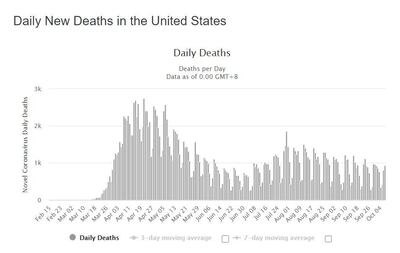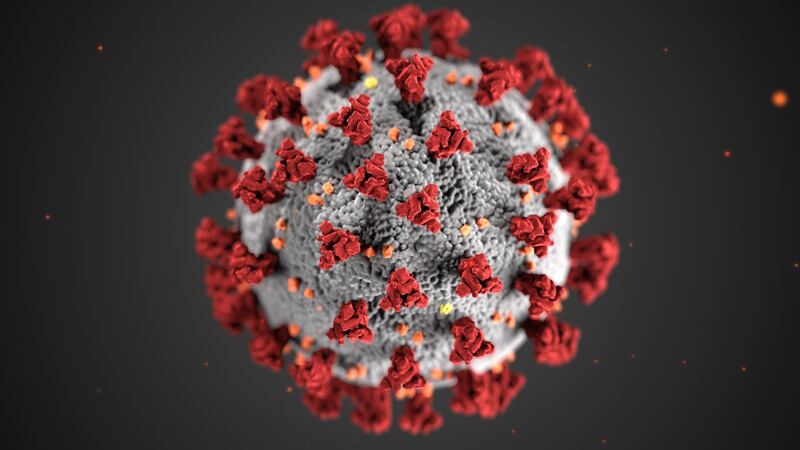Seven months since the World Health Organisation declared coronavirus to be a pandemic, a group of US public health experts are arguing that it is a misleading term and that 'syndemic' is far more apt.
The term was coined by American medical anthropologist Merrill Singer, best known for his research on substance abuse, HIV/AIDS and health disparities.
Singer defined syndemic as “a model of health which focuses on the biosocial complex, which consists of interacting, co-present, or sequential diseases and the social and environmental factors that promote and enhance the negative effects of disease interaction”.
In other words, syndemic thinking looks at disease in the round, exploring the overall consequences of measures such as lockdowns and social distancing.
Syndemic could join a list of terms or phrases which have become daily parlance after the outbreak, such as lockdown, flattening the curve, herd immunity and PPE.
From Covid-19 to Covid 20: One virus, two diseases calls for Covid-19 to be rechristened Covid-20, and for our institutional response to be tailored towards syndemic thinking, not pandemic.
“There are many reasons to consider Covid-19, today, as a distinct entity from what was experienced during the first wave at its peak in April,” the Society for Disaster Medicine and Public Health report states.
One is how many people the virus is killing.
The report cites Worldometer US data which show that on April 10 there were 32,675 daily cases and on April 21 2,256 daily deaths. Fast forward three months and on July 25 there were 66,781 daily cases and on August 4 1,178 daily deaths.


According to this data, deaths have halved while infections have doubled. Case mortality has also decreased by a factor of four, a “more significant measure of medical impact”.
Along with the apparent reduction in lethality, the report argues that the ineffectiveness of containment and mitigation measures show that “it is time to begin thinking of focusing our interventions and policies on treating another chronic, endemic disease as opposed to eliminating a pandemic one, much as we have done with HIV/AIDS”.
Given our enhanced understanding of the biological, socio-economic, racial and occupational factors that determine the severity of infection, Covid-19 “can no longer be defined in terms of a distinct medical entity,” the report states. Instead “it has evolved into a complex public health crisis(es) that can only be successfully addressed with an integrated, all-of-society effort.”
Moving away from pandemic thinking and tailoring the public and political response to coronavirus to the syndemic model will be essential in the months to come, write the authors.
Pivoting now could mitigate any future issues with either vaccine efficacy or distribution.
The elderly are disproportionately more likely to die from coronavirus and yet “most vaccines are generally less effective for this demographic”. The elderly have also been excluded from 11 per cent of all vaccine trials, according to data cited in the report.
“Ironically, continuing in the tradition of the Theatre of the Absurd, we may well have developed vaccines that will be of the least benefit to those with the greatest need,” the authors conclude.
With 'syndemic' ready to enter our Covid lexicon, the below glossary lists some other words and terms which have entered the linguistic mainstream over the last few months of the pandemic/syndemic.







